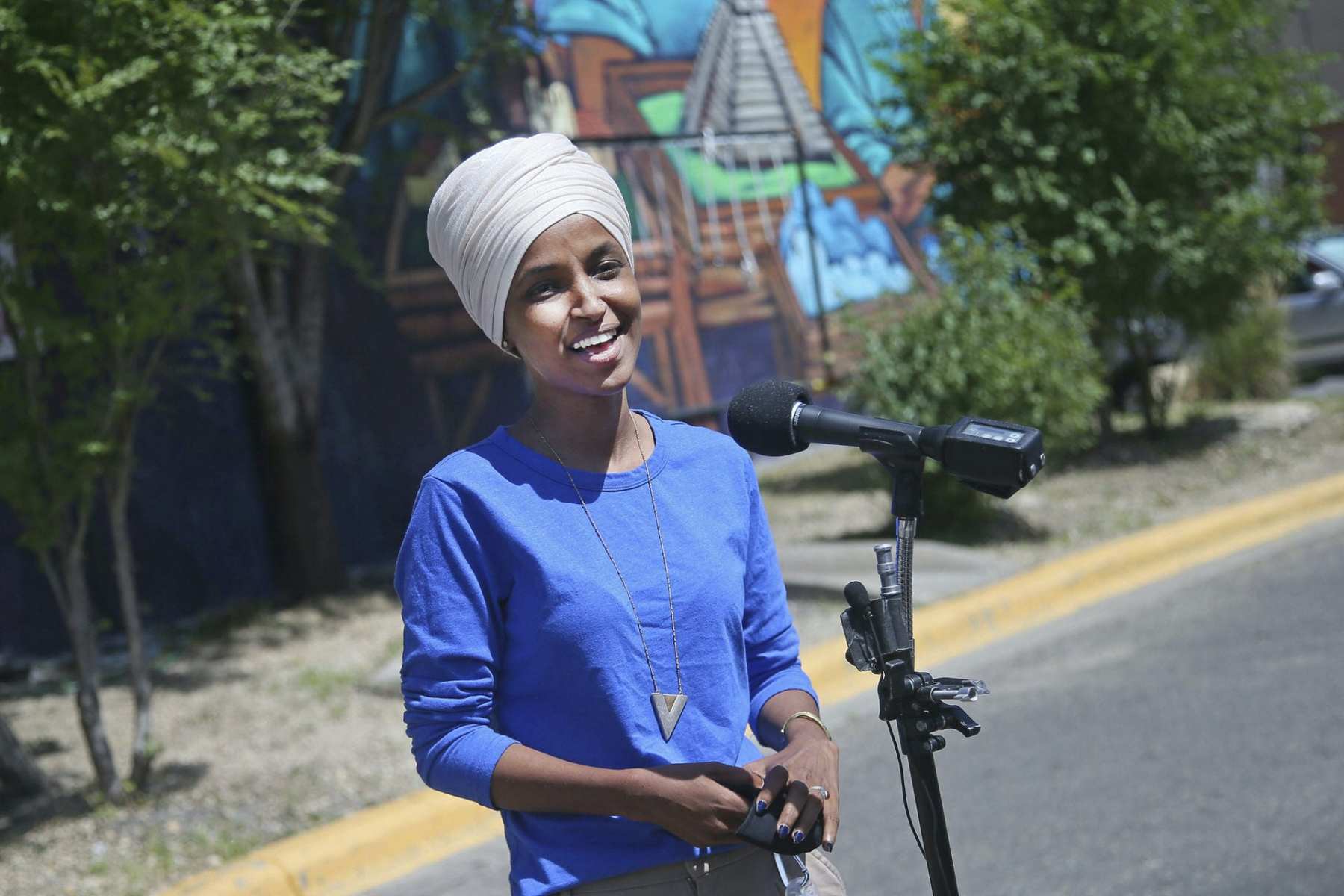There will be at least 183 Democratic women on U.S. House of Representatives ballots in November, breaking the party’s 2018 record of 182 women who competed for House seats in the general election.
After primary elections on Tuesday in Connecticut, Minnesota, Vermont and Wisconsin, and a run-off primary election in Georgia, there will also be at least 78 Republican women on House ballots, with 261 women overall in November, breaking the 2018 record of 234 women overall, according to the Center for Women and American Politics at Rutgers University.
There will likely be more women from both parties on House ballots in November as states finish primary voting delayed by coronavirus concerns.
Republican nominees in Georgia and Minnesota — Marjorie Greene and Michelle Fischbach — are in districts where the party is either strongly favored to win (Georgia’s 14th District) or rated as a toss-up race by the nonpartisan Cook Political Report (Minnesota’s 7th District), making them possible pickups for women in the Republican Party.
In Hawaii, which voted on Sunday and where Democratic Rep. Tulsi Gabbard is retiring from her seat, no women will be competing for House seats in the general election.
Here is how women fared on Tuesday:
Connecticut
Two of five Congressional Districts in Connecticut are currently represented by Democratic women, and incumbent Reps. Rosa DeLauro and Jahana Hayes will again be the nominees for their party. DeLauro will face Republican Margaret Streicker and is strongly favored to win. Hayes, the first Black woman to represent the state, is also in a solidly Democratic district.
Another Republican woman, Mary Fay, could win in the state’s 1st District, which as of press time had not yet been called. She would face incumbent Democatic Rep. John Larson, the strong favorite to win the race.
Georgia
Run-off House primaries in Georgia resulted in two more women who will be on November ballots in the state.
In the 14th District, Republican Greene is strongly favored to win the open seat in the solidly Republican district. Greene has faced criticism for racist statements and her embrace of QAnon, a far-right group that believes numerous conspiracy theories, including that Satan-worshiping liberal elites run a child sex-trafficking ring and that there is a deep state plot take down President Donald Trump.
In the 1st District, Democrat Joyce Griggs will face incumbent Republican Rep. Buddy Carter in a race he is expected to win.
Minnesota
There are currently Democratic women representing three of Minnesota’s eight House districts and all won their primary races, including Rep. Ilhan Omar in the 5th District, a member of “The Squad” and the first Black woman elected by the state to the House.
Three women — Democrats Tawnja Zahradka and Quinn Nystrom in the 6th and 8th Districts and Republican Michelle Fischbach in the 7th District — will challenge incumbents. Zahradka is in a solidly Republican district, Fischbach will compete in a toss-up race and Nystrom’s district is rated a likely Republican hold, according to the Cook Political Report.
Current Democratic Sen. Tina Smith won her primary race and is expected to hold onto her seat in November.
Vermont
Vermont is the only state that has never elected a woman to the U.S. Congress, according to CAWP data.
Miriam Berry won her Republican primary to take on incumbent Democratic Rep. Peter Welch in November, but he is strongly favored to win the race.
Wisconsin
Wisconsin has eight Congressional Districts; currently one woman, Democratic Rep. Gwen Moore, represents the 4th District.
Moore won her primary race. There are also three women challengers — all Democrats — who will be on House ballots in November: Jessica King (6th District), Tricia Zunker (7th District) and Amanda Stuck (8th District).
There were potentially two Republican women challengers: Jessi Ebben lost her primary in the 4th District and Cindy Werner’s race in the 5th District was too close to call at press time.




